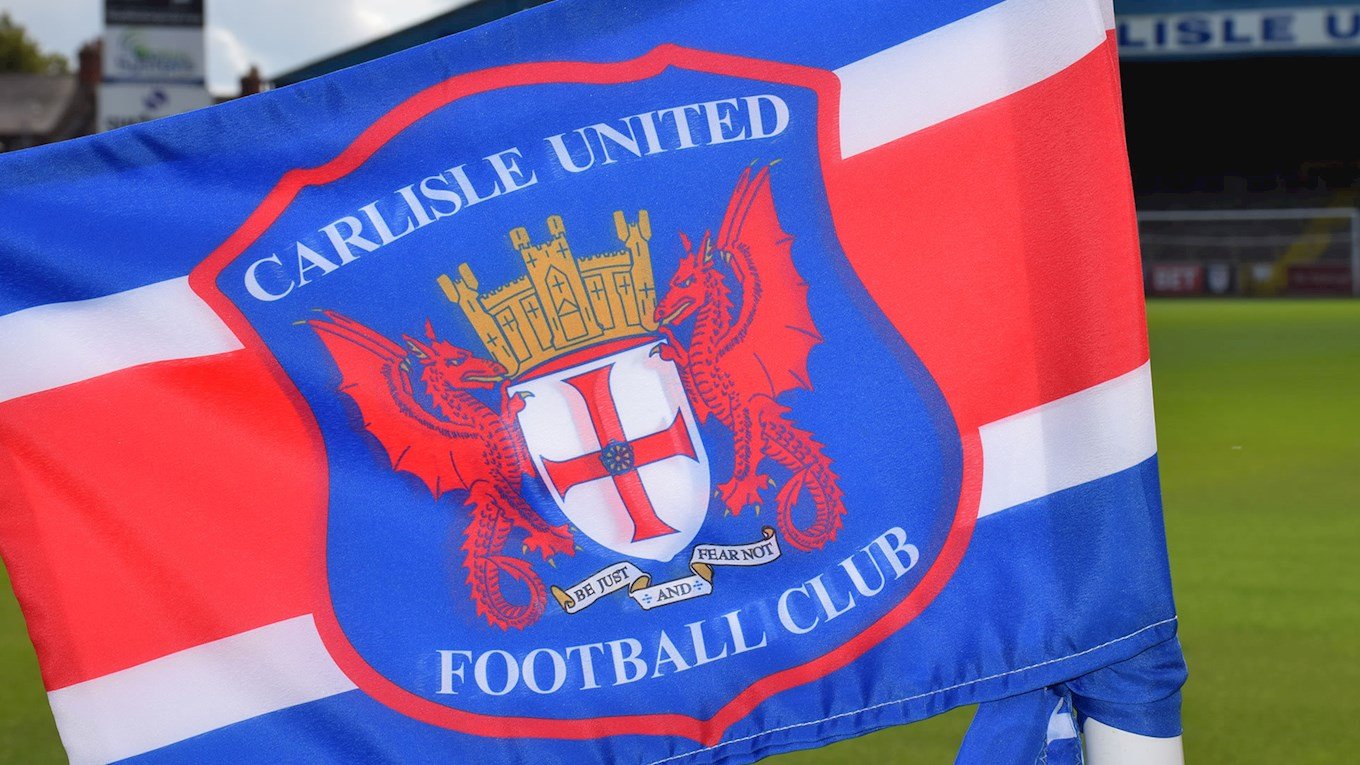CUOSC director Jim Mitchell answered questions about the Trust in this section of the press conference.
For CUOSC, are you putting yourselves out there enough to get your members up? Some people think you aren’t proactive enough as a group, you didn’t have a stall at the fun day for example, so do you feel you’re doing enough? Why wasn’t there a stall at the fun day?
JM – I’ve got no idea. We have previously, but for some reason we didn’t have one this year.
What would be the reason? You don’t get many opportunities like that.
NC – in the past the decision has been made to have a CUSG stall for all of the fan groups together rather than individual ones.
For an organisation that relies on membership it does seem that there’s something missing there?
JM – it’s a fair point. However, we are trying to communicate as much as we can. We had a question at the CUSG meeting which basically said we were nearly as bad as the club. The club now communicates a heck of a lot more than it did, don’t you think? These press conferences didn’t happen years ago in the way they do now.
I’d probably say the owners communicate less than ever, but I do acknowledge that these press conferences are a step forward in other respects. There is a void higher up, I think you’d have to admit.
JM – they don’t communicate about sensitive issues like EWM because it’s not prudent to do so.
They don’t communicate about non-sensitive issues either though, do they? It is a void that people see and ask why they aren’t talking to us.
JM – at CUOSC we try to communicate. Most people want to hear things we can’t say, either because of confidentiality or because we don’t know. Like the intentions of EWM, but we do try to communicate. I think we are affected by the same kind of feelings around the club that we’ve talked about. We tried to get a commercial membership for CUOSC going, and we struggled to get anyone interested because they said we’re linked to Carlisle United. As Nigel says, the only way of tackling that is to try and improve what the club does and how it projects itself.
How can CUOSC improve itself separately to that? I don’t know where your membership numbers are but they’re probably not as high as you’d want them to be?
JM – they’re higher than they’ve sometimes been, but they’re also a lot lower than they’ve sometimes been. We’ve got about 500, which is not enough, certainly not enough to help us bring funds into the club. We’ve been talking about the possibility of raising a significant amount of money, but we don’t think the time is necessarily right for that at the moment, with all the uncertainty regarding the ownership. We’d have to have a good story to tell and we’d struggle. We’ve been talking to other trusts about how they’ve been raising money, but we’re contemplating whether it could work here at this moment in time. I do think there are a lot of things going on, which Nigel has covered, which are very positive. But there is still that feeling out there, which we’ve discussed, which is negative towards the club. What we need, I think, is an ownership change to bring the spark back to the club. I think the potential of that is pretty high, but you can’t magic change in the way people think you can. I don’t think the current owners are set against change, despite what is said out there about them wanting to cling on. That isn’t my understanding of how they feel. We’re waiting for the right opportunity to come along.
Some people feel CUOSC should be more aggressive in their approach towards trying to put pressure on the owners for that change, do you think that’s fair?
JM – I don’t think we can put much pressure on. We’ve got the response from the owners that they’re quite happy to do things to achieve change, as we are. I’ve talked about the dilution possibility which we’ve demonstrated before. The other owners are in similar positions where they’ve said they’ll sell their shares if the situation is correct.
NC – my experience round the boardroom table, which CUOSC are involved in, is that they are very forthright in letting the other shareholders and directors know in no uncertain terms what the wider fan base thinks, what the issues are from a supporters point of view, and what they see as the ramifications from making certain decisions. They do that, and they make sure that the hot topics such as ownership change, communications and decision making can’t be escaped from. They bring that accountability. Whether supporters choose to think that’s right, it’s fact. It happens, I sit there and listen to it and hear the debates around the table. I think that’s what you’d expect a shareholder to do. They prevent that living in a bunker mentality that might lead to an unrealistic view of the world. There’s no escaping the issues we face, and CUOSC play their part in making sure that there is no escaping that.

